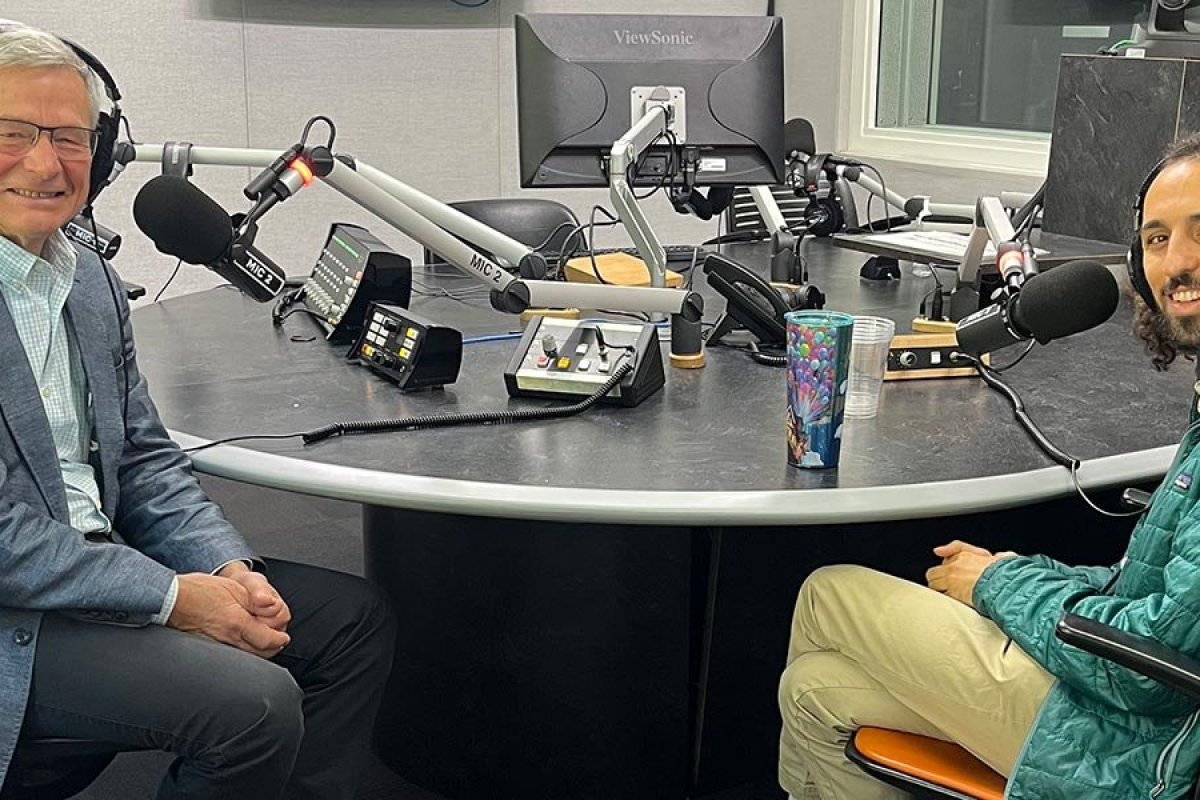The USC Annenberg Center for Climate Journalism and Communication (CCJC) announced the launch of Electric Futures, a podcast series exploring lesser-known stories about energy transition, the global energy sector’s shift from fossil-based systems of energy production and consumption to renewable energy sources.
With more than six episodes in season one, the stories are told from the perspectives of the people most impacted by the changes that energy transition will bring. Charles Zukoski, former USC provost and current Viterbi professor of engineering, gets to know people living and working in a corner of Southern California rich with community – and critical minerals – on the brink of a transformation so big, it could reverberate across the globe.
Imperial Valley, an agricultural area east of San Diego and bordering Mexico, is suddenly in the spotlight thanks to its vast deposits of lithium, a chemical element necessary for the production of batteries needed for electric vehicles, grid storage, and consumer products. The extraction and processing of this “white gold” is poised to bring a massive influx of capital to the Imperial Valley, which has the highest unemployment rate in California at 21.1% and a poverty level of 17.3%. Electric Futures explores the tradeoffs the community must make as it weighs economic opportunity, environmental impact, and a worldwide hunger for lithium.
“Growing up, I always felt like my community was unknown to the world,” said Imperial Valley resident Natalie Lopez, an associate producer on the podcast and a sophomore environmental studies major at USC’s Dornsife College of Letters, Arts and Sciences. “Considering the massive amount of green energy and agricultural produce that is coming out of the Imperial Valley, it is important that people begin to understand the stakes in my hometown.”
